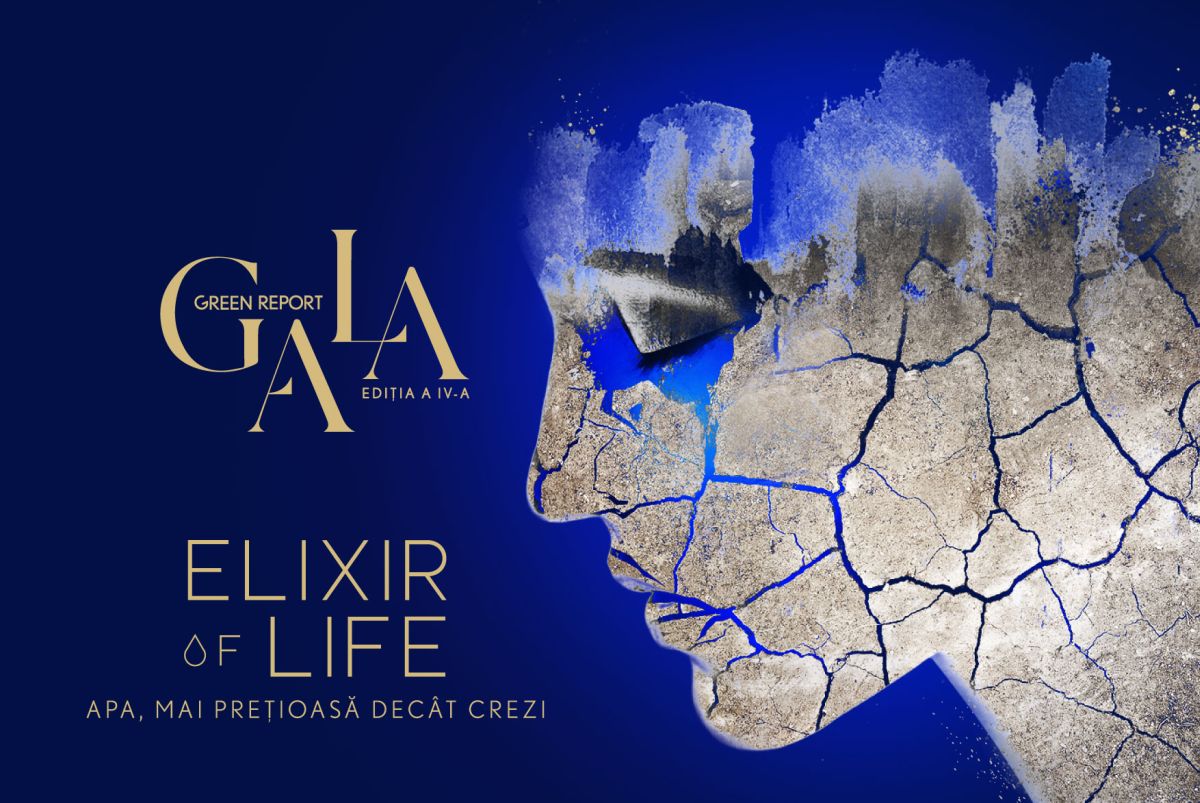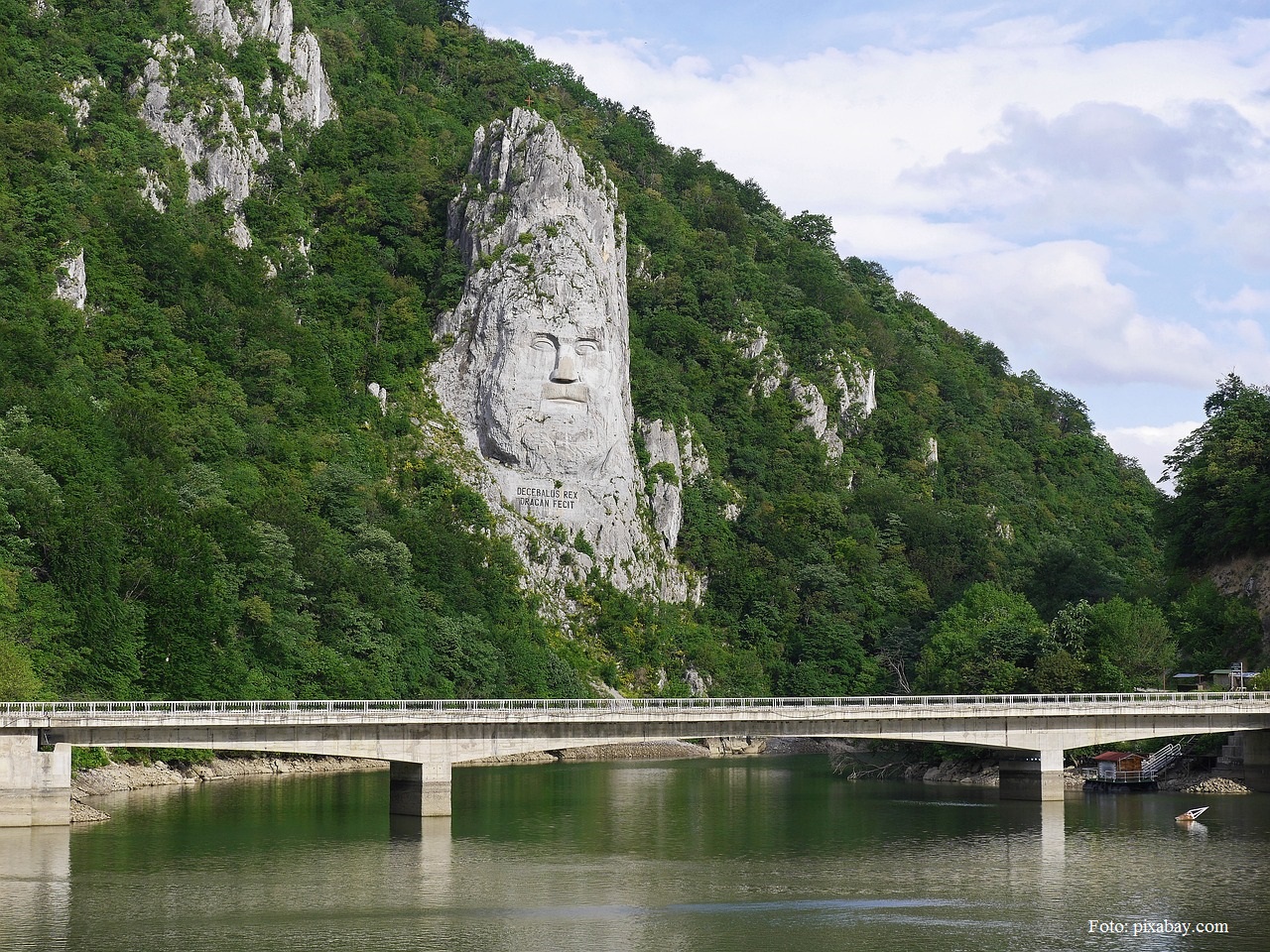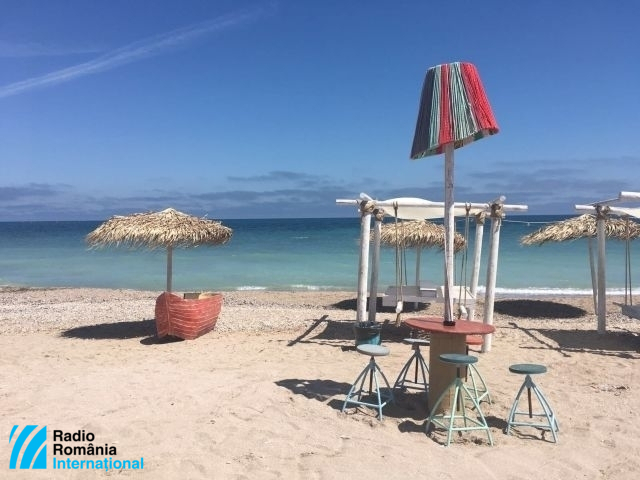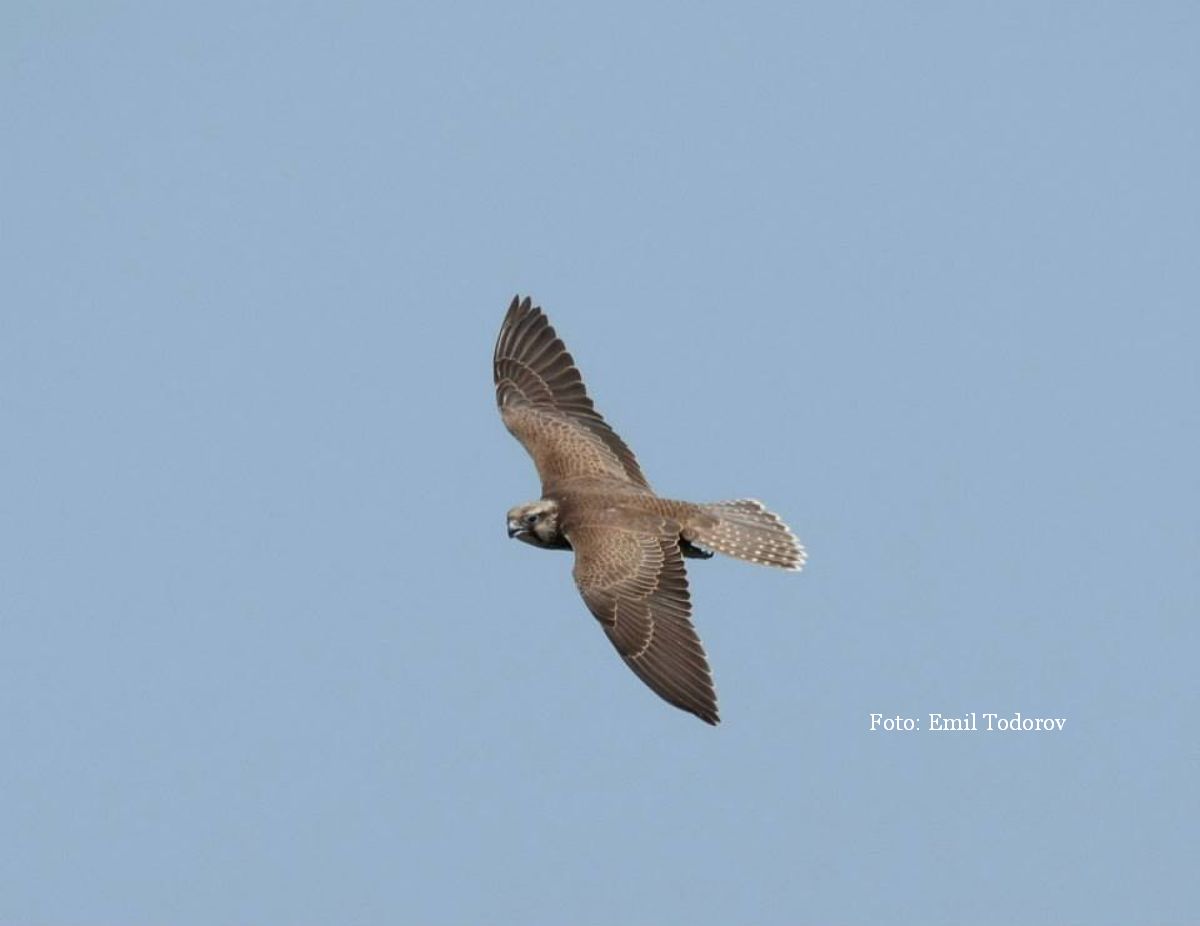Plastic Waste in the Danube
'The Future Doesn't Sound Good' is what is written in large font on the website of the 'Clean Waters' program of the Romanian environmental organization 'More Green'
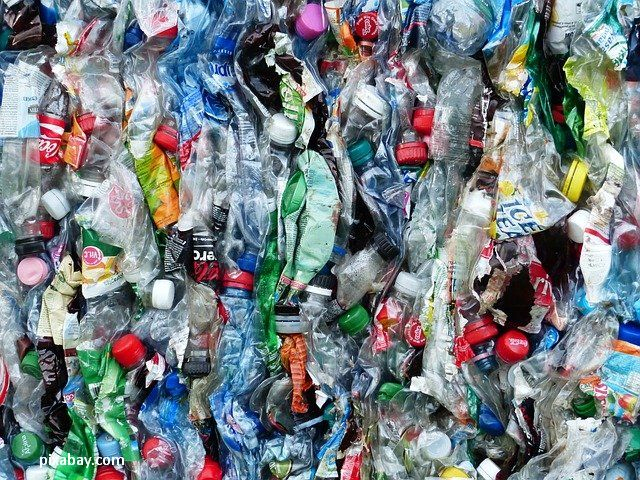
Eugen Coroianu, 30.07.2021, 13:27
‘The Future Doesn’t Sound Good’ is what is written in large font on the website of the ‘Clean Waters’ program of the Romanian environmental organization ‘More Green’. This is a program dedicated to reducing plastic waste in the Danube, Romania’s largest river, which flows into the Black Sea through the unique Danube Delta. The project was triggered by warnings from ecologists who warned that, if we don’t do anything, by 2050 we will have more plastic in the planet’s waters than we have fish. Romania falls within the planetary trend, so things don’t sound good.
The Danube Delta Biosphere Reservation Administration talks about over 1,500 tons of plastic being carried down the river annually, which gather most of the waters flowing around the country. Down to the Danube and its surroundings, water flows or lakes of any kind accumulate huge quantities of plastic, which leads to decreased aquatic biodiversity, a drastic drop in the quality of water we use, and an eyesore in the landscape. But landscapes marred by piles of garbage brought in by waters is the last of the problems. The ‘Clean Waters’ project aims at historical pollution, with collection of plastic in waterways, and measures to prevent and combat more coming in. In order to grapple with a debit of about 4 tons of garbage a day, more and more action is needed, on longer term, along the entire basin of the Danube and its tributaries, both in Romania, and the countries higher up the river. We asked communication manager Oana Serban what the people at the More Green association are doing:
“We started with clean-up action, we set up and developed an infrastructure of collecting waste. This means setting up garbage cans for collecting plastics separately, with informative billboards along the Danube. In 2020, for instance, we collected almost 40 tons of plastic, preventing it from ending up in the river. Also, we used technology solutions never seen so far in Romania. For instance, we have a drone, a floating barrier that we have had for almost a year on the Jiu River, which we want to place into other rivers too, with a net that collects trash. In addition, it is very important to educate and raise awareness. People have to understand why it is important to stop throwing away used plastics, why they should collect them separately, and what alternatives there are to single use plastics. That is a huge problem, because we use too many pieces of cutlery, plates, or cups. They are all over the place. We have these on top of the water and soda bottles we all buy. To this end, we created in participating cities mural pictures, which pull an alarm signal in terms of plastic pollution in water.
On top of that, the organization’s activists are trying to bring together partners from the non-governmental sector, government and administration structures, private businesses, and, obviously, local communities. Starting in 2008, when it was set up, the association claims they have built a culture of responsibility and volunteering for the environment in Romania. With educational projects and campaigns, with slogans such as ‘There is life past collection’, or ‘Waste is not garbage’, volunteers picked up over 350 tons of plastic from forests, riverbeds, or tourist trails. Add to this advocacy activities, which are meant to improve public policy. Oana Serban told us that one very important aspect of the program is the component of community organizing:
“We don’t just go to cities with solutions we cooked up, cookie cutter solutions, we work with the locals. We have managed in the 10 cities we started with to form local initiative groups. Also, some community organizers who attended the community organizing and development training program have understood how to get citizens involved in programs relevant to the community. After these two years, we managed to bring people up to a certain level. They now know how to mobilize citizens for action. Some are already connected to the relevant institutions, and undertook advocacy campaigns. They understood that pressure has to be applied on the authorities for problems to get solved. So, what is essential is people, citizens. That is what we are relying on.
The ‘Clean Waters project contributes to the 6 of the 17 objectives for sustainable development of the United Nations Global Pact. They are Clean Waters, Responsible Consumption and Production, Climate Action, Underwater Life, Life on Land, and Partnerships for Objectives. They are trying to not only clean up waters, but also minds, civic institutions and mechanisms, which make a society work organically, say the members of the organization. They also say that, if we don’t take action now, the proverbial golden fish who grants wishes may soon be made of plastic. So much for the three wishes…

